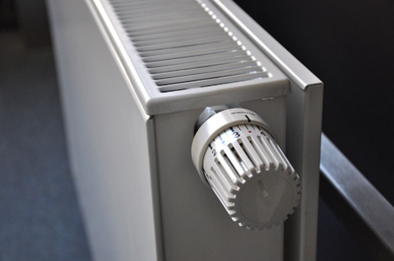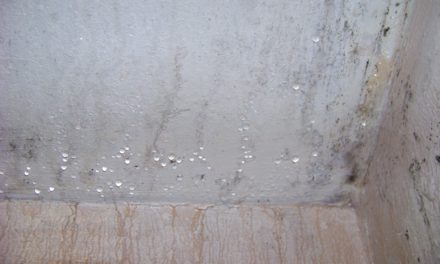Households in County Durham are urged to be vigilant this Christmas after it emerged more than one-in-five homeowners across the UK has been impacted by rogue traders in the past year.
The warning comes as TSB shared the top 10 online scammed items, with tradespeople, tools and materials making up 6% of fraud claims*.
These so called ‘cowboy tradespeople’ are seeking to take advantage of consumers looking to cut back on the cost of home improvement or maintenance work due to the cost-of-living crisis and stretched household finances over the festive period.
Unqualified individuals advertising through social media platforms such as Facebook Marketplace may impersonate heating technicians, plumbers and other skilled tradespeople.
Their work can lead to unsafe or inefficient heating systems and additional costs – with the average homeowner spending over £1,883 to repair rogue work (CIPHE)**.
In response OFTEC, a registration body for off-gas grid heating technicians, is encouraging households in County Durham to do their research before booking a tradesperson and to avoid attempting dangerous DIY repairs to cut costs. The advice includes:
- Ask for credentials. Before letting a tradesperson work in your home, check they are appropriately qualified. If you need your boiler serviced, using a technician who is registered with GasSafe (for mains gas) or OFTEC (for heating oil and solid fuel) provides additional reassurance that they have undergone professional training and are regularly inspected to ensure they are following best practice.
- Don’t just take their word for it. Anyone can create a simple website, leaflet or business card. Always search for the company’s name online to see if there are any complaints from other customers. You could also look for reviews and speak with neighbours or family for recommendations.
- Avoid last minute or DIY repairs. Following the pandemic, demand has soared for home improvement services – meaning you may have to wait longer for a visit from your usual tradesperson. If you need an urgent repair, check your options carefully and don’t rush to book the first person you find without checking their credentials. For expensive work always get more than one quote and do not attempt DIY repairs yourself as this can have potentially very dangerous, and expensive, consequences.
- Don’t cut back on regular maintenance. Keeping your heating system in good condition helps to avoid problems and additional costs further down the line. If you’ve noticed any issues with your heating system, don’t put off booking a technician. Book in a boiler service now before the colder weather kicks in, particularly with Christmas just around the corner.
- Beware of strangers at your door. Be cautious of unexpected doorstep traders, especially if they try to pressure you into making a quick decision. Don’t hesitate to take a step back and ask them to return another time so you can consider their offer.
Malcolm Farrow, from OFTEC, said: “As the festive period approaches and the cost of living increases, many households are understandably trying to save money wherever they can. Rogue traders are sadly using this situation to target households with pressure selling and shoddy workmanship.
“Always do your research before letting a tradesperson in your home, and don’t be afraid to ask for their credentials. Whilst it can be tempting to go for the cheapest option, if you’re quoted a price significantly lower than all the others it could be a scam that leaves you with an expensive repair bill. It’s important to remember only qualified tradespeople should work on a heating system so don’t be tempted to try to fix the problem yourself.
“If genuine, a trader will be more than happy to prove their identity and qualification details. For oil households, if you have any concerns about a heating technician, contact OFTEC directly for advice and support.”
More information about rogue traders can be found on the Citizens Advice website here. You can find a local registered heating technician near you at www.oftec.org or www.gassaferegister.co.uk










